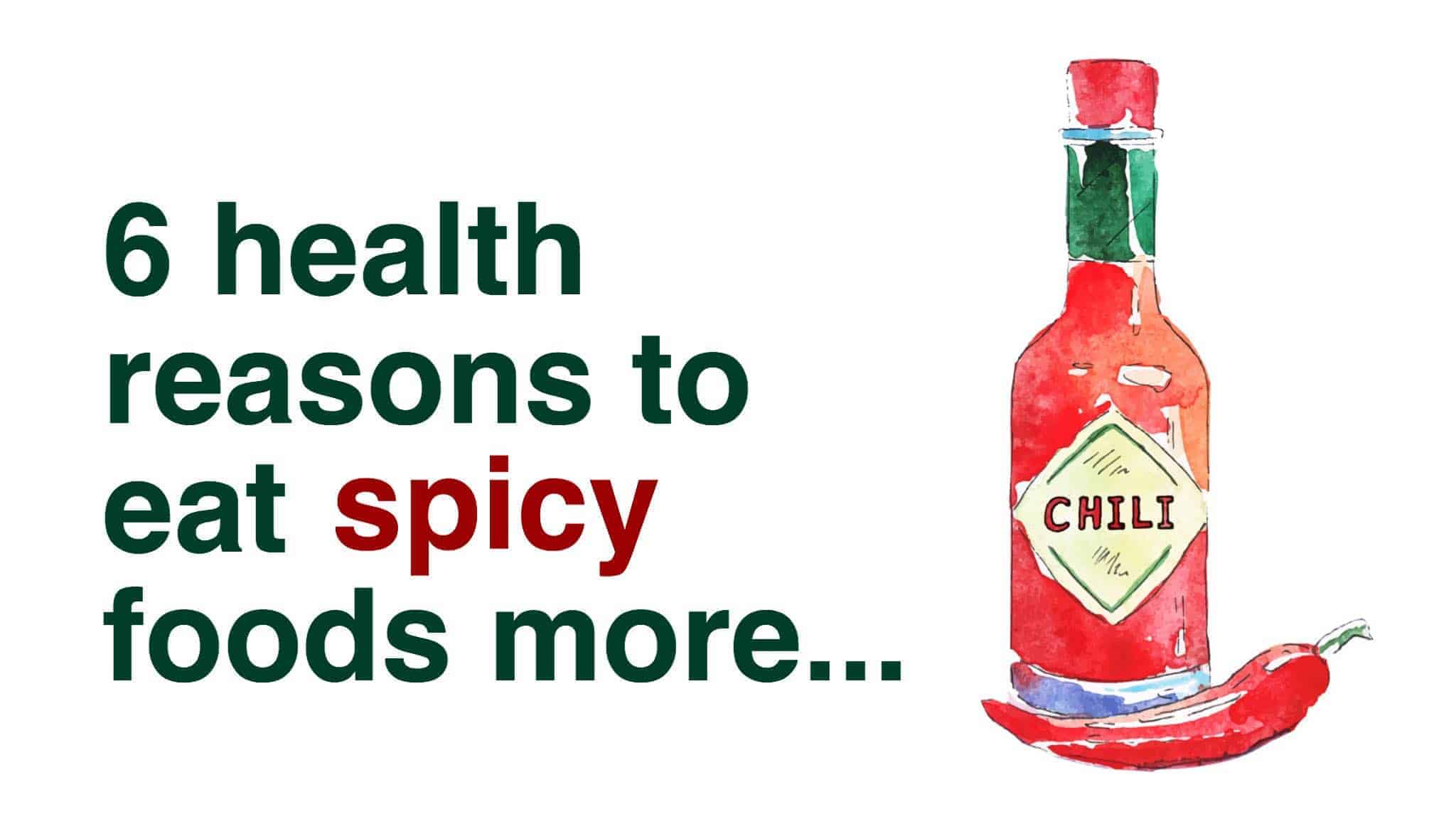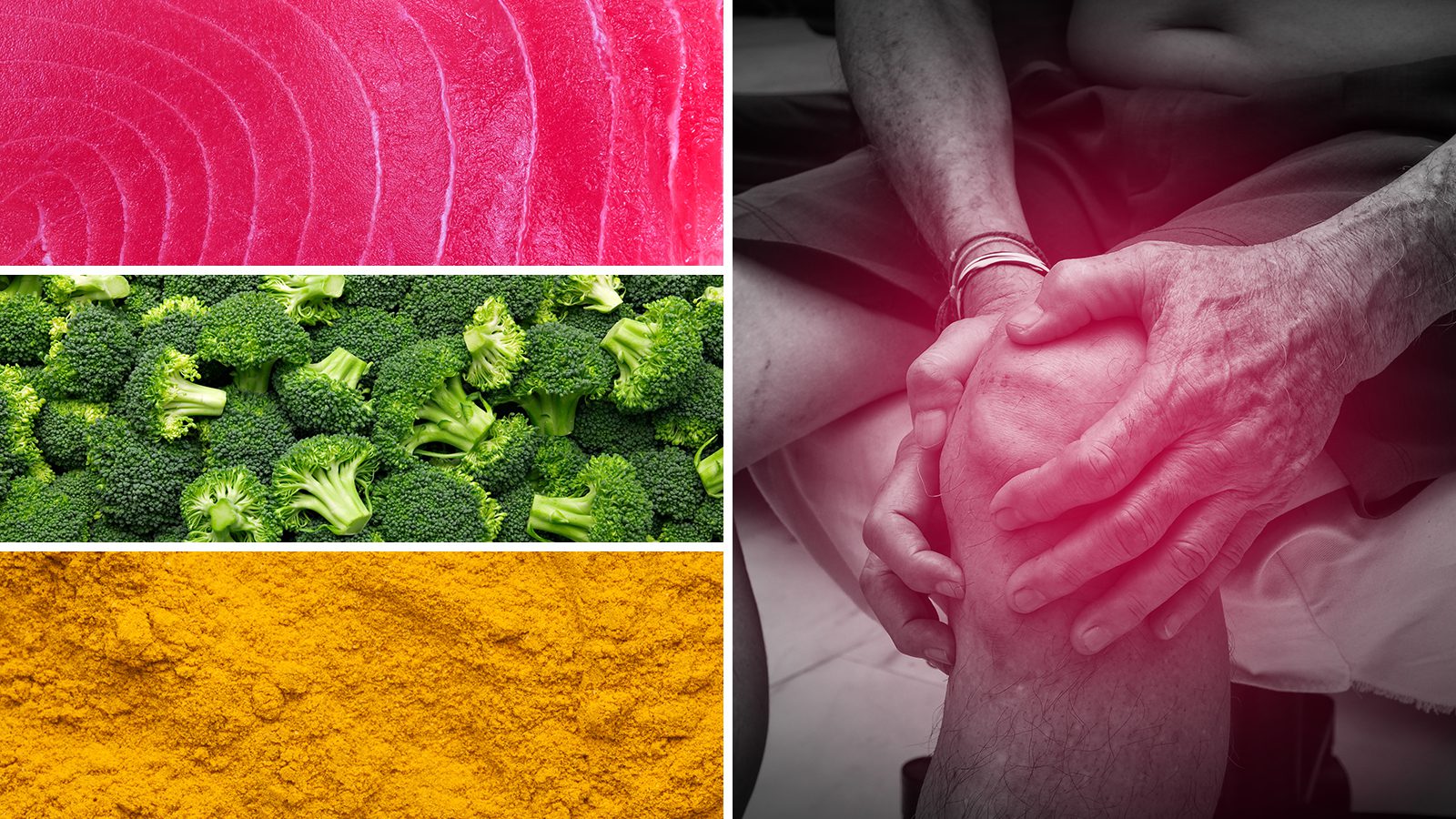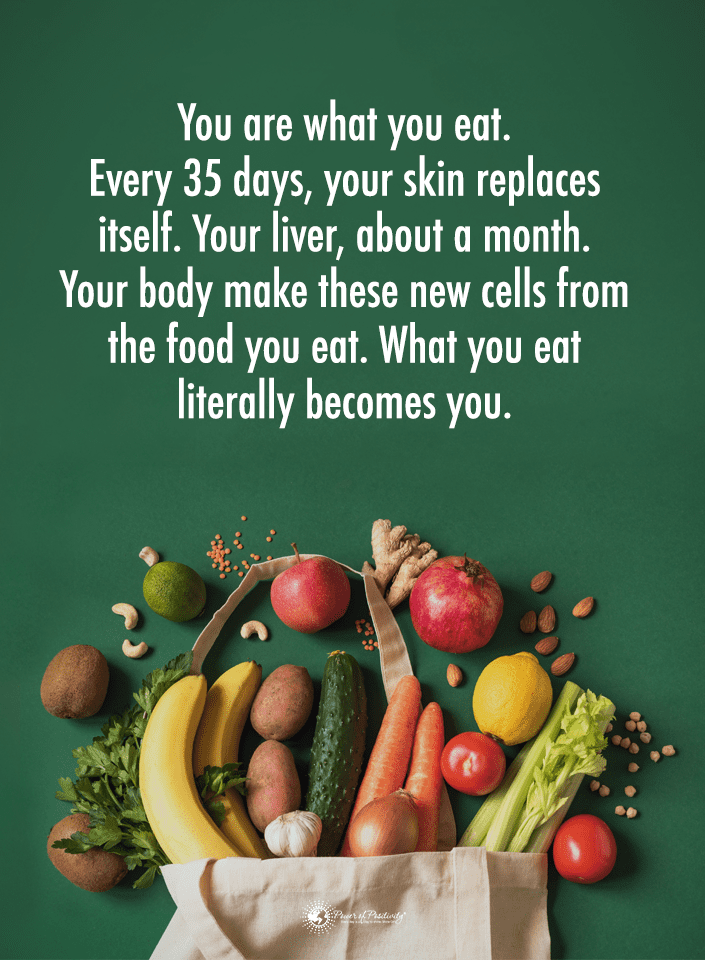Many people from different cultures and backgrounds worldwide have a special place in their hearts for spicy foods, and it turns out that these foods don’t only taste great, but provide wonderful health benefits as well.
Although everyone prefers a different level of spice in their foods, it doesn’t actually matter how much your food burns your tongue, but what type of spice you use in your cooking. Spices can serve as wonderful alternatives to medicines and other conventional healing modalities and have been used for thousands of years to treat a variety of ailments, including aches and pains. Many spices have antimicrobial properties, which explains why they make wonderful alternative remedies.
“Studies show that many different herbs and spices offer health benefits,” says David Heber, MD, PhD, professor of medicine, and director of the UCLA Center for Human Nutrition. Much of the existing evidence supports use of cinnamon, chili peppers, turmeric, garlic, oregano, basil, thyme, and rosemary, Heber tells WebMD.
According to Heber, a compound in chili peppers called dihydrocapsiate increased fat-burning capacity in a study where people ate the spice three times a day. Furthermore, a study in Cell Metabolism showed decreased blood pressure in lab animals that consume capsaicin, the component in chili peppers that makes them spicy.
If you don’t know which spices to add to your food, start out with the simple ones we’ve listed above. Thousands of spices exist in the world, but if you don’t use spices often, it’s best to begin with “safer” spices that you might be more familiar with. You can easily replace salt, sugar, or other additives with spices, which have no added calories or salt.
If you need more convincing to add spices to your food, read on for more of the benefits you can expect to receive.
6 Health Reasons To Eat Spicy Foods More Often
1. Spices can help you lose weight.
Many spices have properties that increase body heat, which will help to boost your metabolism, and therefore lose weight. Others, such as cinnamon, help to balance your blood sugar so that you stay full longer.
Furthermore, as we mentioned above, spices can serve as a substitute for other additives such as sugar, which contains calories but no nutrients. More commonly, people use spice to replace salt, which can pack on the water weight due to bloating.
Spices will help to make your food more satisfying, which means you won’t need as much to feel full.
2. Spices can increase your metabolism.
According to Better Nutrition, the capsaicin in chili peppers increases your body heat, which therefore amps up your metabolism. This goes along with our first point, but it’s still worth mentioning. Eating spices can serve as an easy way to increase your energy and metabolism, plus make your food taste better. Sounds like a win-win, right?
3. Spices can prevent heart disease.
Garlic, ginger, and cinnamon specifically have been proven to help prevent heart disease. According to Dr. Sinatra, an integrative cardiologist, “Garlic, one of the most healthy herbs and spices in the world, is both a powerful antioxidant and blood thinner. It is commonly recommended as a cholesterol-lowering agent, and has been shown to help lower triglycerides – blood fats that are closely linked to heart disease. Garlic can even lower blood pressure as effectively as some drugs (as shown in studies where subjects supplemented with daily dosages ranging from 600 – 900 mg over a period of 3-6 months.”
He also lists cinnamon as one of the best healing herbs and spices for increasing antioxidant levels in the blood, and ginger as a natural blood thinner.
4. Spices can also alleviate sinus trouble.
This one seems pretty self-explanatory, as we’ve all had spicy food at one time or another, and had to run for the tissues in the middle of our meal. Because of the incredible heat present in spices, they cause the sinuses to become unclogged, which explains the runny noses and watery eyes.
If you ever have sinus issues, just reach for your favorite spice to add to your cooking, and you’ll see some relief in no time.
5. Eating spices could help you live longer.
According to a study done by Time, people who ate spicy foods one or two times per week had a ten percent reduced risk of death, compared to those who ate spicy food once or fewer times a week.
You can see why spices might make you live longer, as they decrease your risk of heart disease, high blood pressure, and other life-threatening issues.
6. Spices can serve as a natural remedy for anxiety and stress.
According to Dr. Cynthia, a holistic doctor, passionflower, kava kava, turmeric, and lavender have the potential to decrease anxiety and stress in a healthy, nonaddictive way. L-theanine, an amino acid found mostly in green and black tea, can reduce anxiety as well.
So, there you have it, six science backed reasons to eat more spicy foods; remember, incorporate spices into your foods slowly, so that you don’t overwhelm your taste buds. Then, once you feel comfortable, you can experiment with bolder spices that also make your food taste great!















 Community
Community

